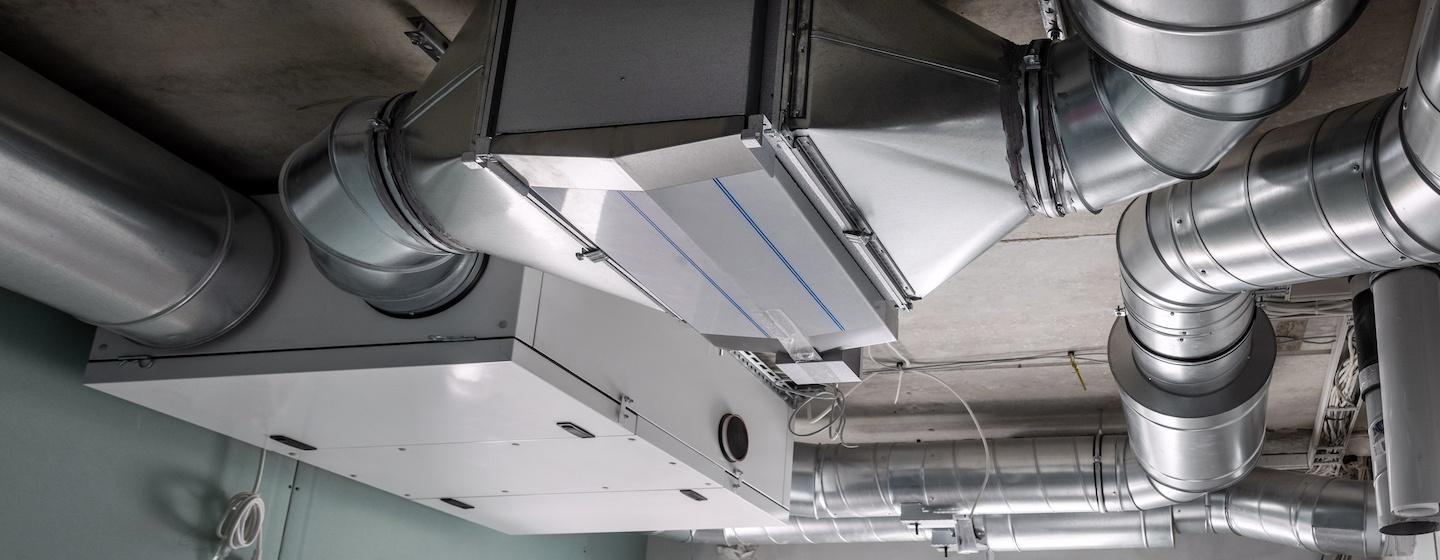HVAC Systems Could Be The Future of Detecting Covid-19 Indoors


While nobody knows for certain what the next phase of the COVID-19 pandemic will bring, finding new ways to detect and contain the virus continues to be a priority.
Researchers at East Carolina University may have found a breakthrough in detecting and mitigating the spread of coronavirus in closed indoor settings.
The study looked at whether the virus that causes COVID-19 could be detected in the HVAC systems (heating, ventilating and air conditioning) of dorms on the Greenville campus. Researchers said HVAC air sampling may be an important COVID-19 surveillance technique, especially for new facilities and for buildings considered congregate living settings.
Researchers found that not only was it possible to spot the virus in the systems, it was also very effective. The findings were published in the American Journal of Infection Control.
When testing for the virus in a dorm where they knew people had COVID-19, they were able to confirm presence of the virus 100% of the time.
"Any large building would be suitable, especially prisons, dorms, military barracks –any place where there are a lot of people living close together and you're concerned about a pathogen spreading," said Rachel Roper, an immunologist with ECU’s Brody School of Medicine and professor in the department of Microbiology and Immunology
"It was an extremely difficult project because researchers had to drill holes into vents to collect the samples," said Sinan Sousan, an assistant professor in the School of Public Health. “We sampled air, with the goal of finding out if we could identify the virus from one location for the whole building.”
The team took air samples from HVAC ductwork in two five-story dormitories. The sampling was done for more than three months during the 2021 spring semester.
"We had a number of cases where we detected it in the air, and it was also detected in the students by the random weekly testing that ECU was doing on students," added Roper. "Of course, we couldn't test every student compared to our air testing, but we had a pretty good correlation between the two."
Researchers said they had a 100% detection rate of coronavirus in the HVAC system in the isolation dorm, where there was a known positive case.
"We managed to pick up the virus when the patient was on the same floor as the measurement," said Sousan.
Roper said the project also emphasizes the need for better air circulation and filtration in similar settings like cruise ships and hotels.
The study shows the potential for using the HVAC test to spot COVID-19 in areas where the pandemic is already under control and possibly prevent a new breakout. Future studies will look at whether HVAC testing would be cheaper than other available forms of virus screening and whether researchers could find the virus in congregate living settings before it spreads widely.
In addition to discovering a potentially new way to detect and track COVID-19, the research also emphasized the need for better air circulation and air filtration in similar settings, including office buildings and hotels.
"We realized how important it is to bring in outside air because, if a lot of people are sick in the building, the virus can accumulate in the air," said Roper.